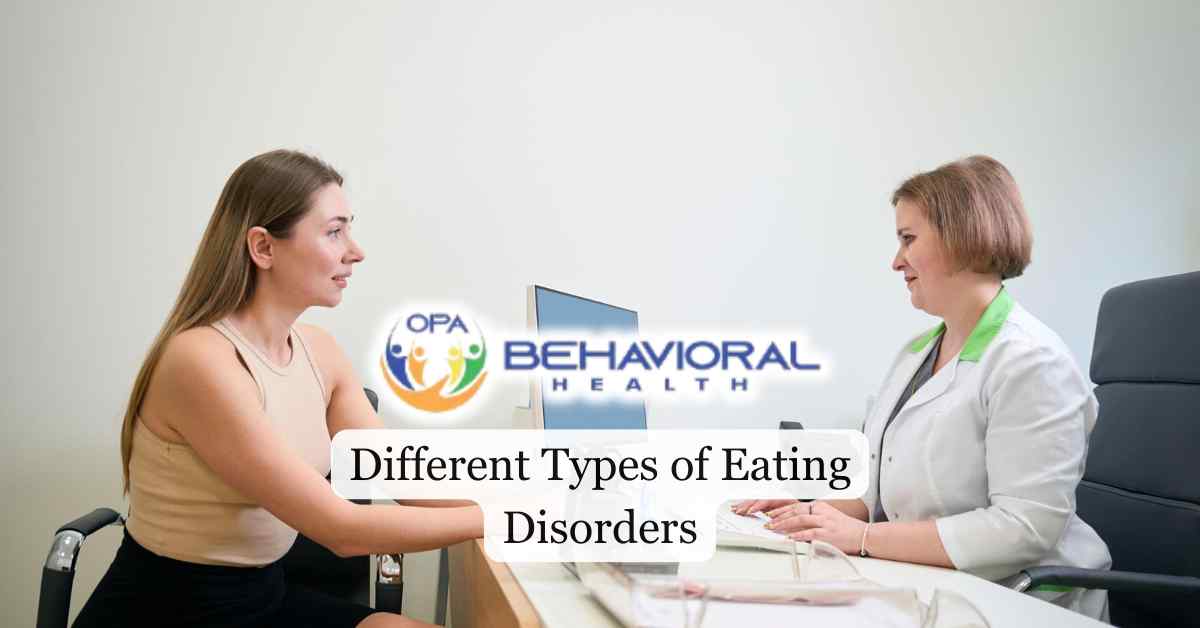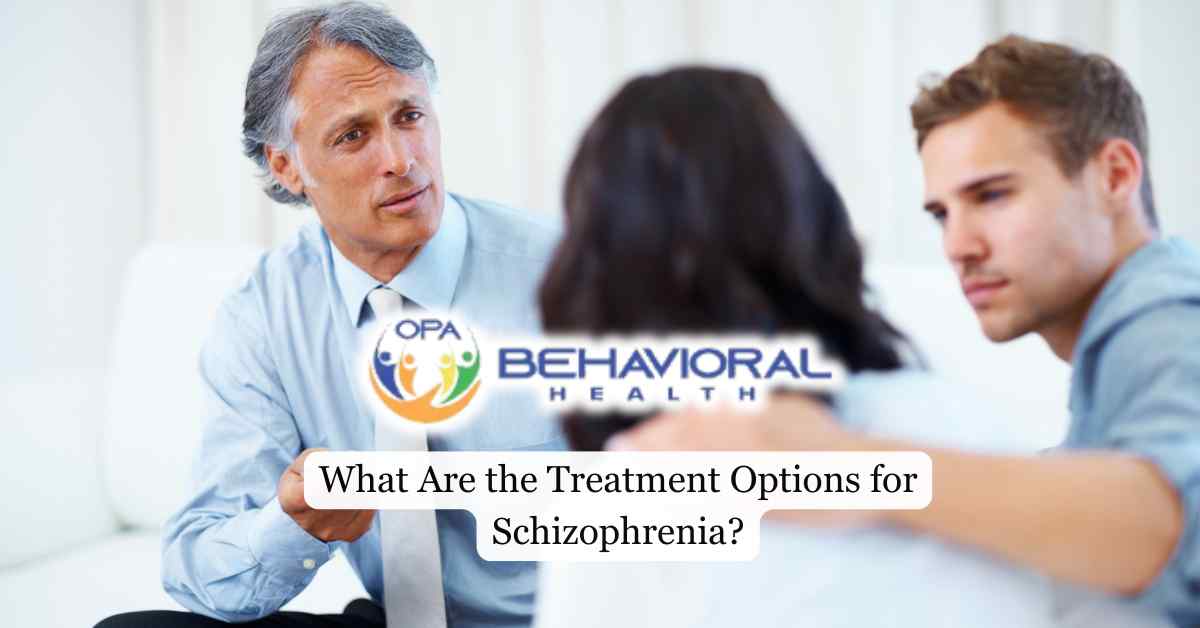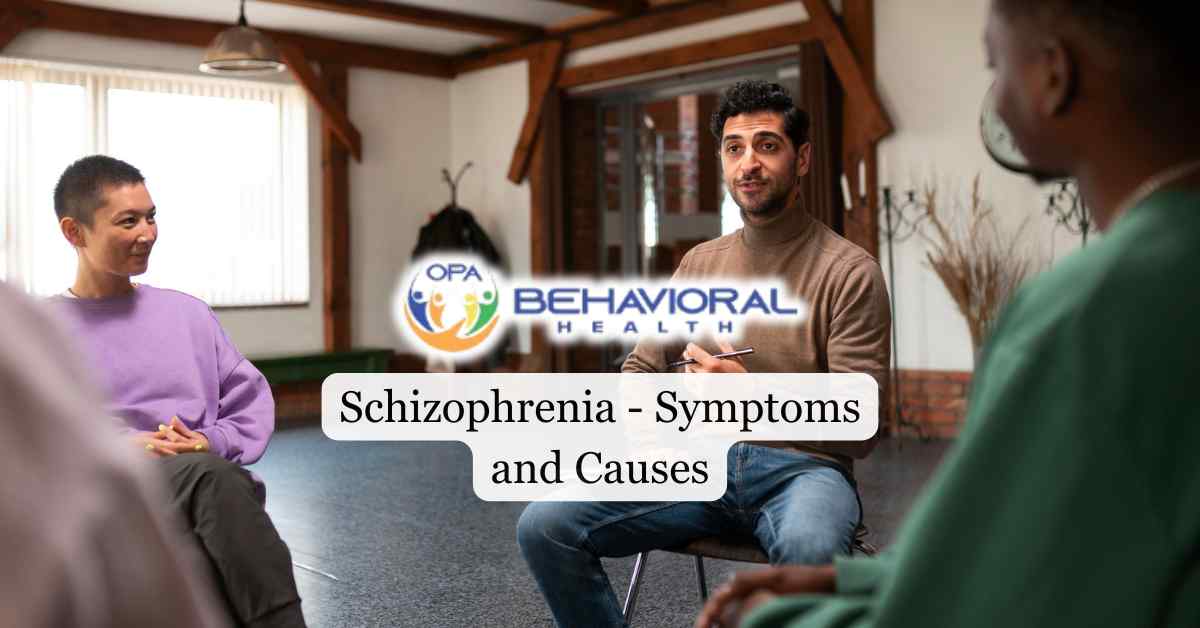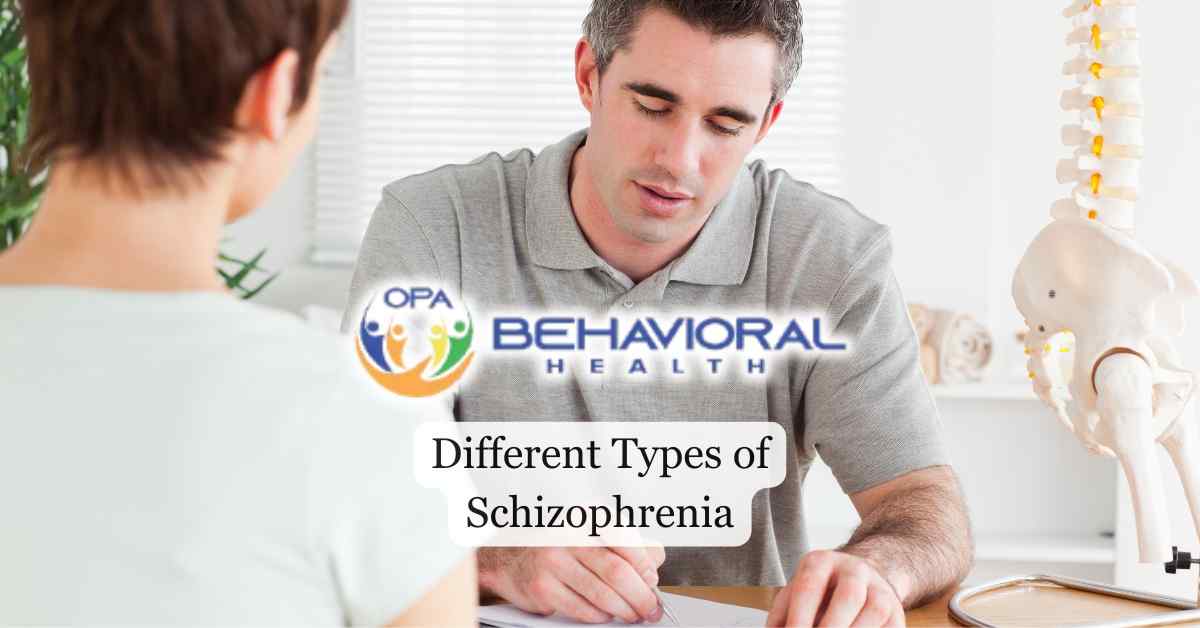Post-traumatic stress disorder (PTSD) is a mental health condition that can develop after experiencing or witnessing a traumatic event. With proper treatment, individuals with PTSD can experience significant improvement in their symptoms and quality of life.
This article explores these diverse treatments, offering insights into how individuals can find the most effective approach tailored to their unique needs.

Trauma-Focused Psychotherapies
Trauma-focused psychotherapies are the most effective treatments for PTSD, emphasizing the processing and confronting of traumatic memories. Cognitive Processing Therapy (CPT) and Prolonged Exposure (PE) are two such approaches.
In CPT, you’ll attend 12 weekly sessions to understand how trauma has impacted your thoughts and behaviors, and you’ll write about your experiences to gain deeper insight.
PE therapy, typically lasting 8 to 15 sessions, teaches you breathing techniques to manage anxiety and gradually exposes you to avoided trauma reminders through recounting and listening to recordings.
Eye Movement Desensitization and Reprocessing (EMDR) allows you to process trauma without discussing it in detail, using dual attention tasks to create positive associations with traumatic memories.
Stress Inoculation Training (SIT), a cognitive behavioral therapy variant, focuses on teaching relaxation techniques and stress management skills over about three months.
These trauma-focused psychotherapies provide a structured and evidence-based approach to confronting and processing traumatic experiences, equipping you with the tools to manage anxiety, reframe thoughts, and develop coping strategies.
Pharmacological Treatments
Medications can help alleviate the anxiety, depression, and other distressing symptoms associated with PTSD.
Antidepressants, particularly SSRIs like paroxetine and sertraline, are FDA-approved for treating PTSD due to their effectiveness. Other antidepressants, such as venlafaxine and duloxetine, have also shown benefits, while some like Celexa and Lexapro are less effective.
Prazosin, an alpha adrenergic antagonist, is sometimes used off-label to address nightmares and hyperarousal, although evidence supporting its efficacy is weak. It’s important to note that benzodiazepines are generally discouraged in PTSD treatment as they can worsen symptoms and lead to dependence.
Anti-convulsants also show inconclusive evidence for effectiveness. When considering medications for PTSD, it’s crucial to work closely with a healthcare provider to monitor effectiveness and manage potential side effects.
Medication management often requires careful dosage adjustments and patience, as therapeutic effects may take time to manifest. It’s important to note that medications are just one part of a comprehensive treatment plan, and combining them with therapy can lead to better outcomes.
Read more about the symptoms of PTSD, in order to be better prepared to take preventative action and consult with a mental health professional.

Complementary and Alternative Approaches
Acupuncture, for instance, has shown promise in reducing symptoms and enhancing overall health, according to some studies. Mindfulness and meditation practices can help decrease anxiety and improve emotional regulation, providing valuable coping strategies for those with PTSD.
Yoga therapy has also gained recognition as a beneficial complementary intervention. It promotes relaxation, stress relief, and improved mental health outcomes, allowing individuals to develop greater self-awareness and emotional balance.
Art therapy is another alternative approach that facilitates healing and emotional processing by enabling creative expression of feelings and experiences related to trauma.
Nutritional interventions, such as incorporating omega-3 fatty acids and adopting specific dietary patterns, are being explored for their potential role in supporting brain health and alleviating PTSD symptoms.
While more research is needed to fully understand the efficacy of these complementary and alternative approaches, they offer promising options for individuals seeking a holistic approach to PTSD treatment, alongside traditional therapies and medications.
Emerging Therapies
As research progresses, the following emerging therapies offer hope for expanding the range of effective treatment options available to you, allowing for a more personalized approach to managing PTSD and improving your overall well-being.
Virtual reality exposure therapy (VRET) immerses you in controlled environments, allowing you to confront traumatic memories safely and gradually.
Psychedelics, such as MDMA and psilocybin, are being investigated for their potential to enhance therapeutic effects and emotional processing during treatment.
Neurofeedback, a technique that trains you to regulate brain activity, is being explored as a complementary approach to improve emotional regulation and reduce anxiety symptoms.
Mindfulness-based therapies, including mindfulness meditation and yoga, are being integrated into PTSD treatment, helping you develop greater awareness and acceptance of your thoughts and feelings.
Ketamine infusion therapy is also being studied for its rapid antidepressant effects and potential to alleviate PTSD symptoms, particularly in treatment-resistant cases.
Support Systems and Resources
Building a strong support system is crucial for managing PTSD and fostering long-term recovery. Support groups provide a safe space for you to share experiences and coping strategies with others who understand your struggles, creating a sense of community and belonging.
Online forums and resources offer accessible platforms for connecting with others and accessing valuable information, allowing you to expand your support network beyond geographic limitations.
Educational materials on PTSD can empower you and your loved ones to better understand the condition and its treatment options, enabling informed decision-making and enhancing communication within your support system.
When facing moments of crisis, 24/7 support services, such as helplines, are available to provide immediate assistance and connect you with essential mental health resources.
Connecting with community organizations that prioritize mental health can greatly enrich your support network, providing essential resources and fostering social connections. As you face the challenges of PTSD, consider reaching out to OPA Behavioral Health for dedicated PTSD treatment options designed to help you heal and thrive.
Final Thoughts from OPA Behavioral Health
Navigating the numerous treatment options for PTSD can be overwhelming, but finding the right approach is crucial for effective healing. At OPA Behavioral Health, we are dedicated to providing compassionate, personalized care tailored to each individual’s needs. From traditional therapies and medications to innovative treatments like Neurostar TMS, our experienced team is committed to supporting your journey toward recovery. Whether in person or through our convenient telehealth services, we’re here to help you build a significantly improved life.








